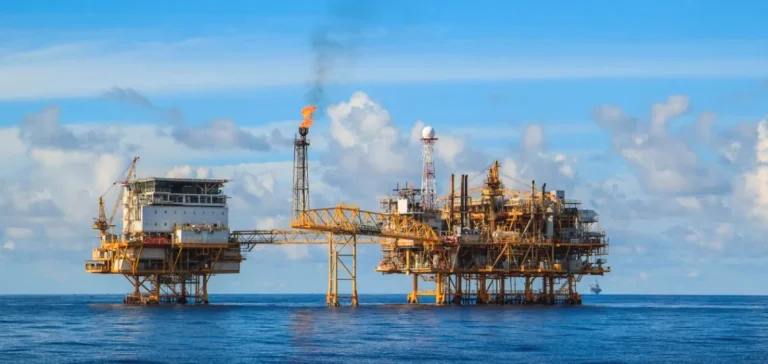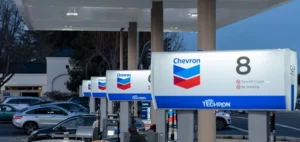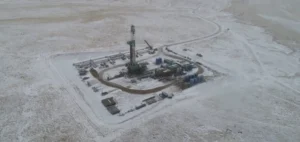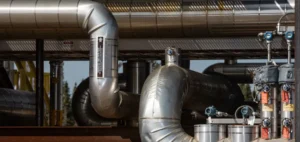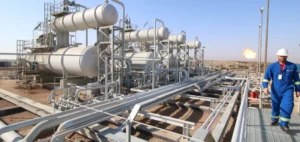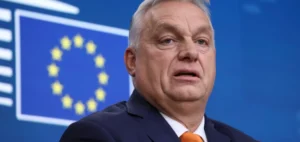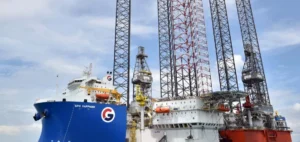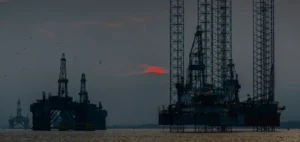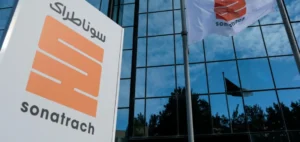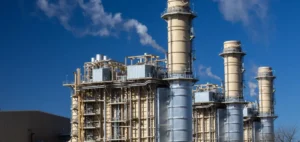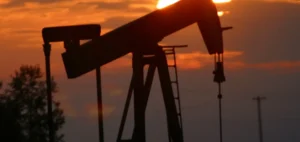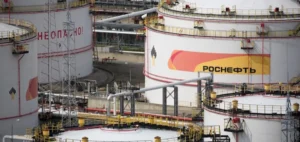Global investments dedicated to oil exploration and production could decline this year, marking the first reduction observed since 2020. This decrease is mainly explained by an unstable international environment and heightened caution among oil companies facing economic volatility. According to recent forecasts published by JP Morgan, the industry’s overall expenditures could fall by 1.1%, down to $543 billion from nearly $549 billion last year. This slowdown comes as companies aim to maintain financial stability amid unpredictable fluctuations in oil prices.
U.S. Producers Opt for Caution
In the United States, oil sector companies, especially those specialized in shale oil, anticipate a reduction in capital expenditures of about 1.9%. Despite this cautious budgeting, they have intensified their financial hedging strategies during recent spikes in oil prices. Approximately 250 million barrels, representing a significant share of planned production from late 2025 to early 2027, have been secured through these hedging contracts. According to JP Morgan, these hedges could nevertheless support moderate growth in U.S. crude and condensate production, estimated at 253,000 barrels per day in 2025.
U.S. Policies and Sectoral Uncertainty
Investment choices in the United States remain strongly influenced by the national political environment. A recent quarterly survey by the Dallas Federal Reserve Bank revealed that executives of oil companies show increasing concern about regulatory uncertainties in the U.S. Indeed, the overall activity indicator for the energy sector, as calculated by the same survey, now shows a negative value of -8.1, compared to 3.8 in the previous quarter. Companies’ outlook remains pessimistic, with a future activity index at -6.4, reflecting persistent uncertainty.
Significant Declines in Asia and Latin America
Internationally, the Asia-Pacific region could see the most significant budget cuts, with an estimated reduction of nearly 5%. In China, two major national companies, PetroChina and Sinopec, have officially announced cuts to their exploration and production investments for 2025. Latin America is experiencing a similar trend: in Mexico, the national oil company Petróleos Mexicanos (Pemex) faces a severe debt crisis. In Colombia, the state-owned Ecopetrol has also announced substantial reductions in operating costs.
Production Expected to Increase Despite Budget Cuts
Despite the announced reductions, JP Morgan anticipates an increase in global oil production of 2.3 million barrels per day in 2025. This forecast is mainly due to gains in operational efficiency and significant reductions in production costs recorded in recent years. This development reflects a new investment dynamic where productivity becomes more critical than the volume of capital committed, prompting strategic reflection on the long-term balance between financial caution and operational performance.


